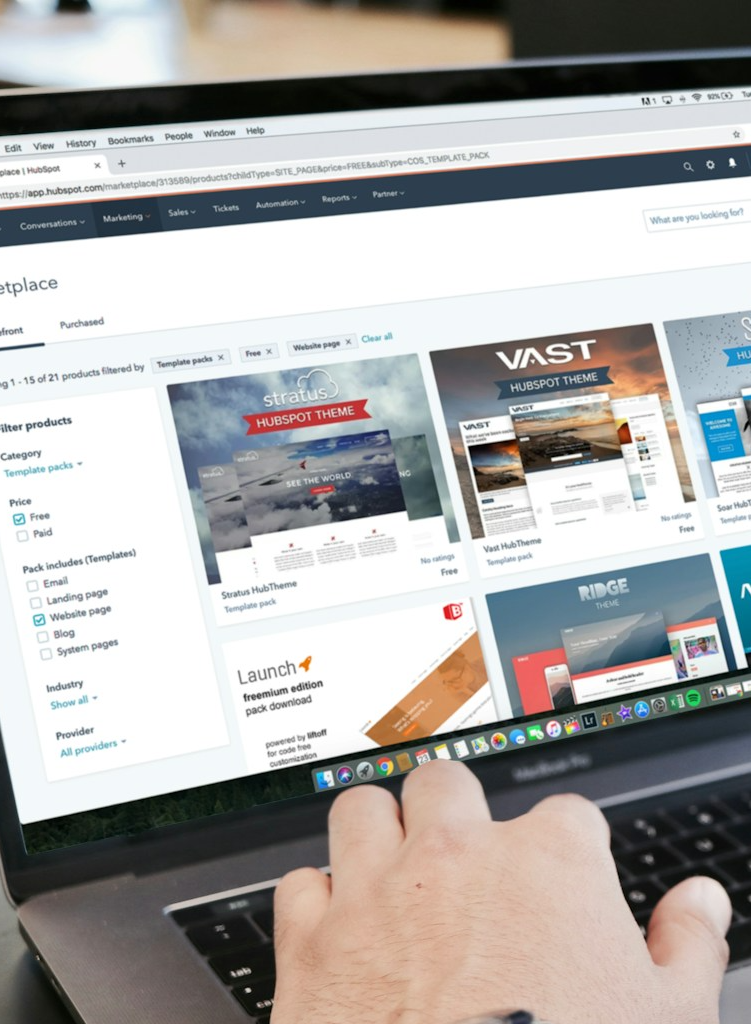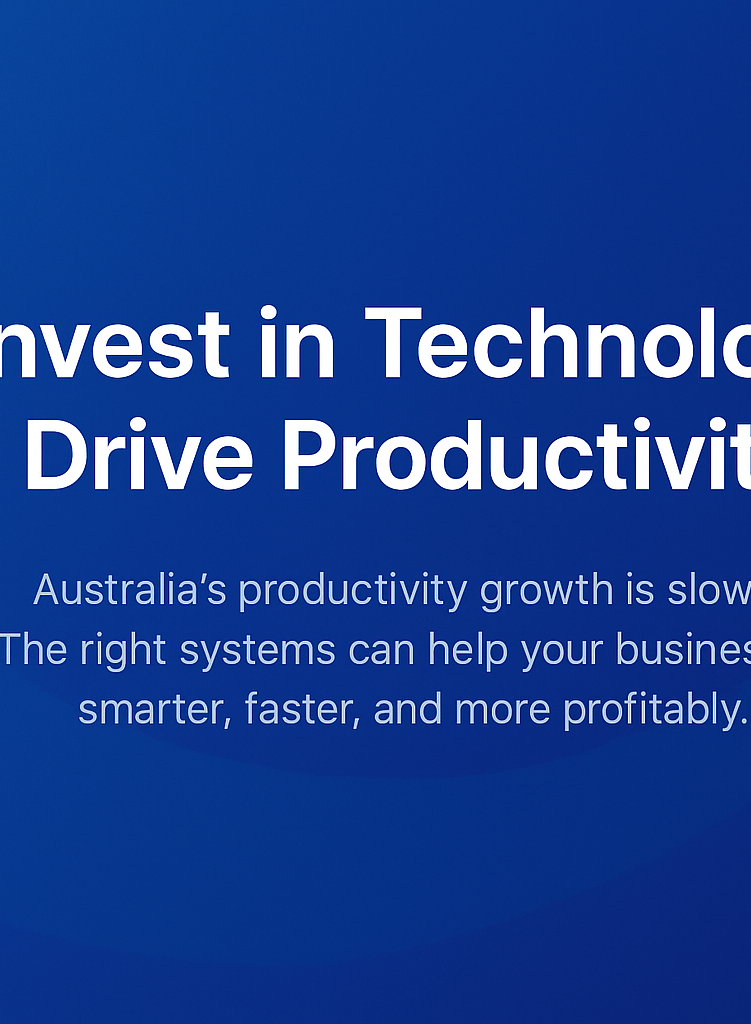Whether you're bogged down by spreadsheets, managing clunky off-the-shelf tools, or trying to scale processes that don't quite fit into pre-built platforms, a custom solution can turn operational headaches into competitive advantages.
In this post, I'll break down why custom software is worth considering - and how to tell if it's the right move for your business.
Built Around Your Business (Not the Other Way Around)
Most off-the-shelf software is designed to work "for everyone", which usually means compromising on how your business actually works.
Custom software flips that model:
- It maps directly to your real workflows and data structures.
- It removes unnecessary features that slow your team down.
- It evolves alongside your business—not the vendor’s roadmap.
Result? Happier teams, fewer workarounds, and systems that actually help your operations instead of fighting them.
Full Ownership & Long-Term Control
With custom software, you own:
- The codebase
- The data
- The roadmap
You're not locked into license fees, user limits, or forced upgrades from a vendor whose priorities don’t align with yours. And if your business model changes? Your software can adapt with you.
Better ROI Than You Might Think
While the upfront investment is higher, custom software often pays for itself quickly:
- It cuts out inefficiencies, double entry, and manual processes.
- It reduces the need for multiple subscriptions or point tools.
- It can create genuine IP value - especially if your software becomes part of your customer offering.
The real value isn't just in the code. It's in the time saved, the visibility gained, and the competitive edge created.
Designed to Integrate (Not Replace Everything)
Custom software isn't all-or-nothing.
Often, the best approach is to fill the gaps between your existing systems:
- Integrate with your accounting, CRM, or job tools
- Sync data from forms, reports, or external services
- Automate approvals, workflows, or reporting across teams
You can start small - then scale it as you go.
De-Risking the Build: It's All About Phasing
The idea of building software from scratch is intimidating. But smart teams know to approach it in small, validated phases:
- Start with discovery. Map your workflows and identify the biggest pain points.
- Build the core. Focus on 1-2 essential processes.
- Launch early. Get real users in and gather feedback.
- Iterate and scale. Grow your system over time, in the direction that makes the most sense.
This phased approach means lower upfront costs, more user engagement, and less risk overall.
Is Custom Software Right for You? Use This Checklist
Here’s a quick self-assessment you can run before jumping in:
Business Needs
- Our processes don’t fit into standard tools.
- We rely on spreadsheets or manual workarounds.
- We’re planning to scale and need more robust systems.
- We want to deliver something unique to our customers or team.
Tech & Integration
- Our current tools don’t talk to each other well.
- We need to centralise or unify our data/workflows.
- There’s opportunity for automation we’re not leveraging.
Control & Ownership
- We want control over features and updates.
- We’re worried about vendor lock-in or rising SaaS costs.
- We want to own our data or build lasting IP.
Readiness
- We can start with a scoped MVP or prototype.
- We understand this is a long-term investment, not a quick fix.
- We have someone internally who can help shape the product.
If you checked several of these boxes, it’s worth exploring. Even a short scoping engagement or prototype could unlock major gains.
Final Thoughts
Custom software isn’t for every business—but it is for every business that’s serious about building systems as a strategic advantage.
It’s not about building the next big app.
It’s about building tools that work exactly the way you do.
If you’re spending time stitching tools together, duplicating data, or fighting your software more than it’s helping—you’re already paying the price. Custom software just helps you pay it forward instead.





